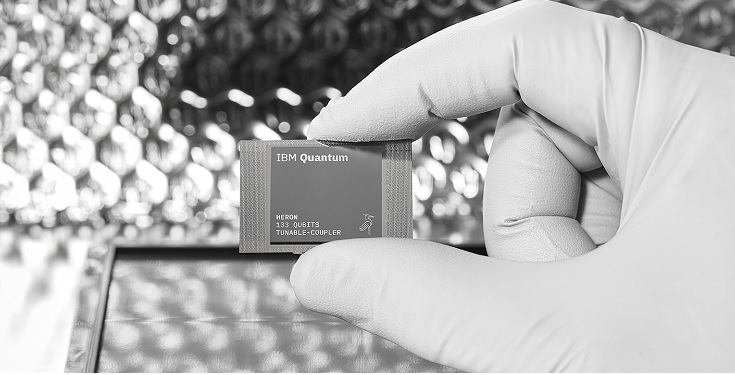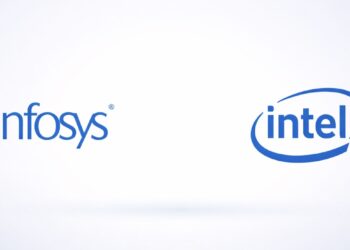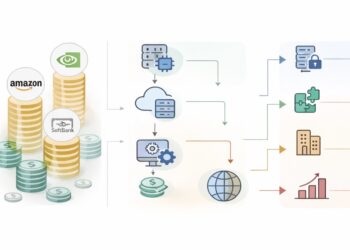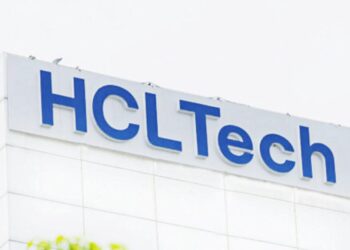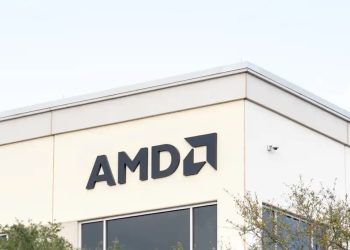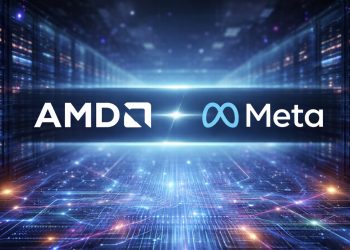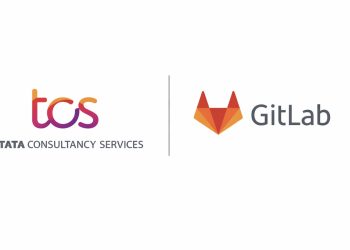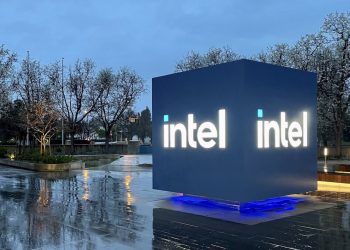Today, IBM has announced an agreement with RIKEN, a Japanese national research laboratory. IBM will deploy its latest quantum computing architecture and top-performing processor at the RIKEN Center for Computational Science in Kobe, Japan.
This deployment will be the only instance of a quantum computer co-located with the supercomputer Fugaku.
RIKEN has collaborated with IBM, supported by funding from Japan’s New Energy and Industrial Technology Development Organization (NEDO), to deploy IBM’s Quantum System Two at the RIKEN Center for Computational Science in Kobe.
This integration with the Fugaku supercomputer is part of Japan’s initiative under the “Project for Research and Development of Enhanced Infrastructures for Post 5G Information and Communications Systems”, based on the vision of advancing science and business in Japan.
Alongside partners, including SoftBank Corp., the University of Tokyo, and Osaka University, RIKEN aims to explore the potential of hybrid quantum-supercomputing platforms to advance scientific and business capabilities in the post-5G era.
Additionally, IBM will develop a dedicated software stack to enhance quantum-classical workflow integration, contributing to the next generation of quantum-centric supercomputing.
Quantum-centric supercomputing is IBM’s vision of the future for traditional HPC, where quantum computing will be an integral part of the architecture. And IBM Quantum System Two constitutes a fundamental building block towards this architecture.
IBM Heron (powered by a 133-qubit) is the first in a new series of quantum processors with an architecture that delivers the highest performance metrics of any IBM Quantum processor that has been released, to date.
“Advanced quantum computers of NISQ are now moving into the practical stage as the number of qubits is increasing and the fidelity is improved. From the HPC’s point of view, quantum computers are devices that accelerate scientific applications conventionally executed on supercomputers and enable computations that cannot yet be solved by supercomputers. RIKEN is committed to developing system software for quantum-HPC hybrid computing, by leveraging its comprehensive scientific research capabilities and experience in the development and operation of cutting-edge supercomputers, such as Fugaku,” said Dr. Mitsuhisa Sato, Director, Quantum HPC Collaborative Platform Division, RIKEN Center for Computational Science.
“As the first quantum system that will directly connect with the Fugaku classical supercomputer, IBM’s agreement with RIKEN marks a monumental milestone in the journey towards a future defined by quantum-centric supercomputing,” said Jay Gambetta, IBM Fellow and Vice President, IBM Quantum. “This work will advance the industry towards a modular and flexible architecture that combines quantum computation and communication with classical computing resources, so that both paradigms can work together to solve increasingly complex problems.”
Also Read: IDC Forecasts 12.3% Growth in Asia/Pacific Security Spending for 2024
